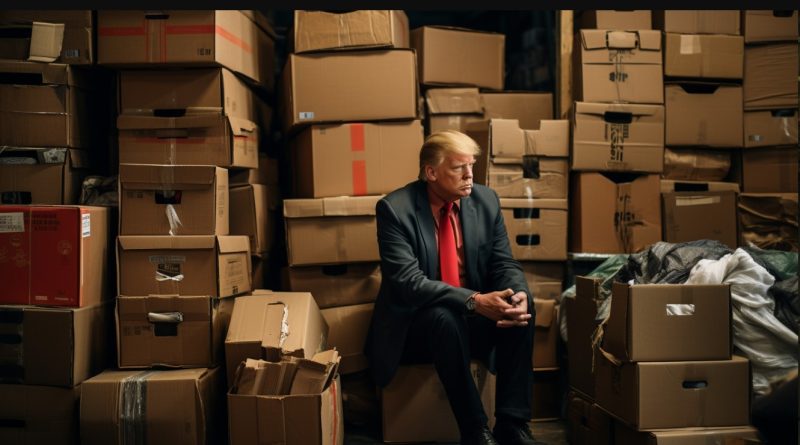
Former U.S. President Donald Trump has made controversial statements suggesting he would “encourage” Russia to attack NATO member countries that fail to meet their financial obligations to the alliance.
These remarks have sparked significant criticism and concern among European officials and the international community. Trump’s comments imply a drastic shift in the United States’ approach to NATO and its collective defense clause, potentially undermining the security and stability of the alliance. Critics, including NATO Secretary-General Jens Stoltenberg and European Council President Charles Michel, have condemned the statements as reckless and threatening to the security of both the United States and Europe. The White House has also criticized Trump’s remarks, highlighting the danger they pose to American national security and global stability.
Trump’s stance raises serious questions about the future of NATO’s collective defense principle, which has been a cornerstone of the alliance’s security strategy. His suggestion that the U.S. might not defend delinquent countries contradicts NATO’s principle of mutual defense, enshrined in Article 5 of the NATO Treaty. This principle has been a key element of the alliance’s strength and unity since its inception. Trump’s comments also reflect a misunderstanding of NATO’s funding mechanism, where each member country is responsible for its own defense spending, aiming to reach at least 2% of their GDP by a set deadline. As of recent reports, a significant number of NATO members are on track to meet or exceed this target.
The implications of Trump’s statements extend beyond the immediate political controversy, touching on the broader strategic and security dynamics within the transatlantic alliance. Encouraging aggression from Russia not only challenges the fundamental principles of international law and order but also risks escalating tensions in an already volatile global security environment. This stance could potentially embolden adversaries and undermine efforts to maintain peace and stability in Europe and beyond.
In summary, Trump’s recent comments on NATO and its members’ financial contributions have ignited a debate on the future of the alliance’s collective defense commitments and the United States’ role within NATO. The backlash from European leaders and the international community underscores the controversial nature of Trump’s stance and its potential impact on transatlantic security and cooperation.
